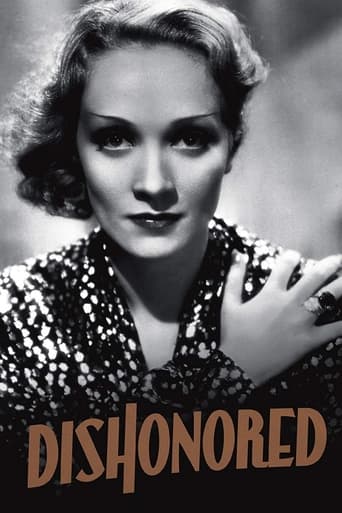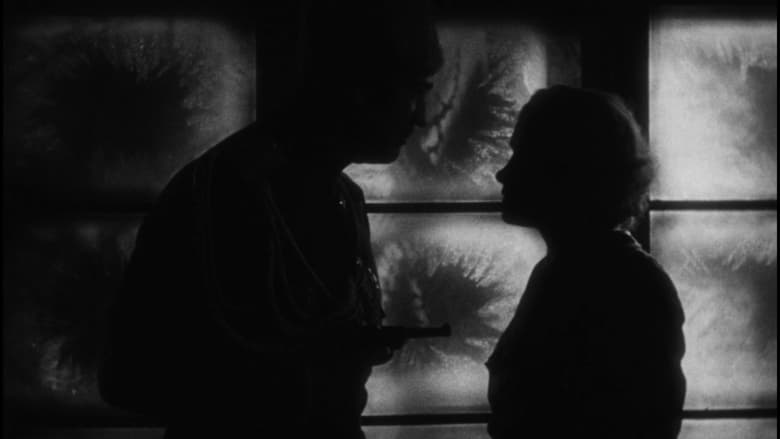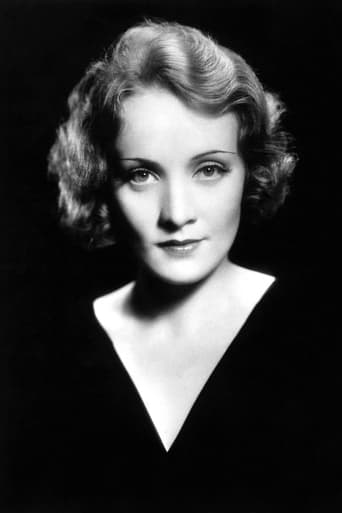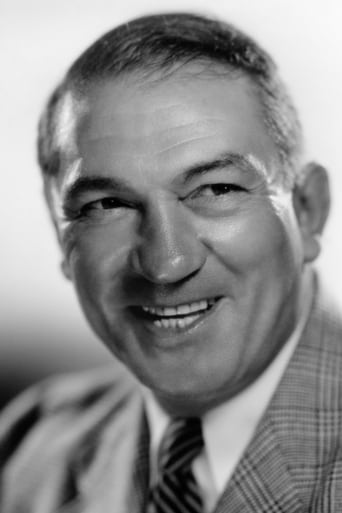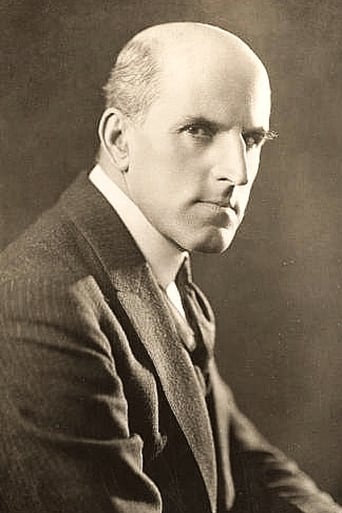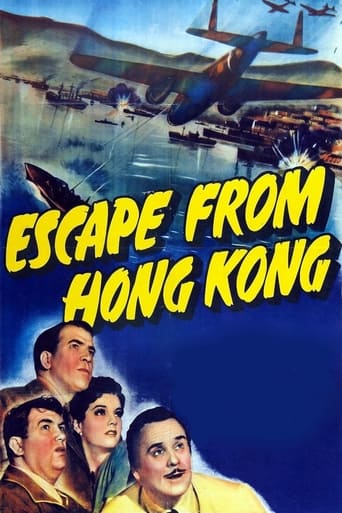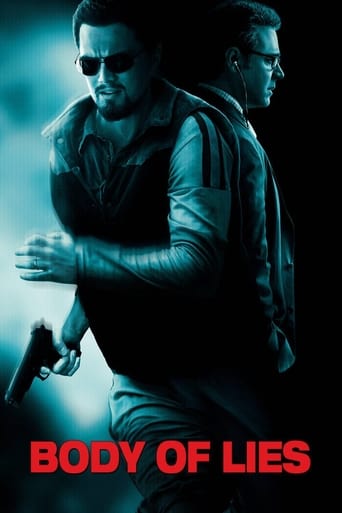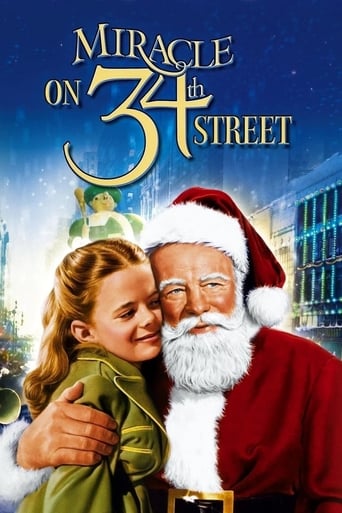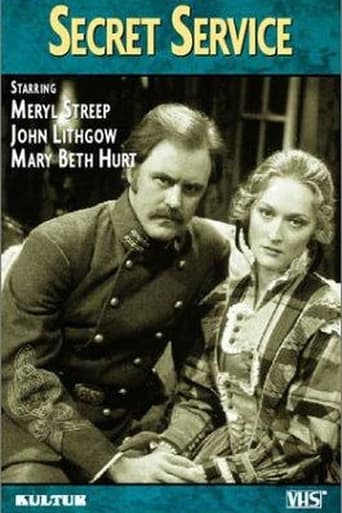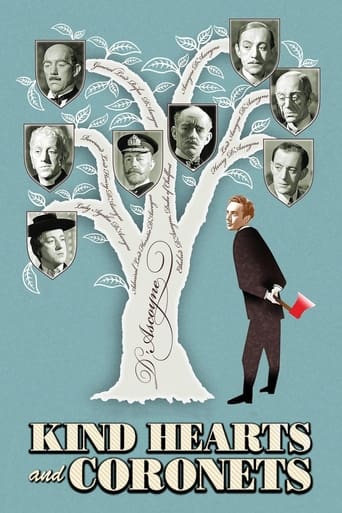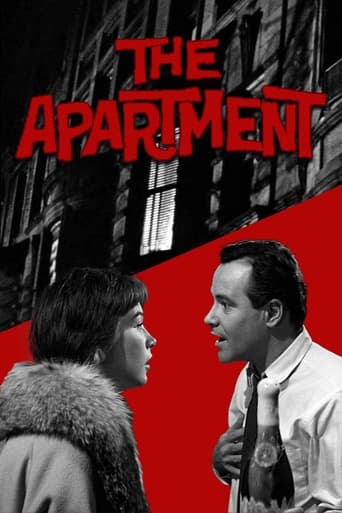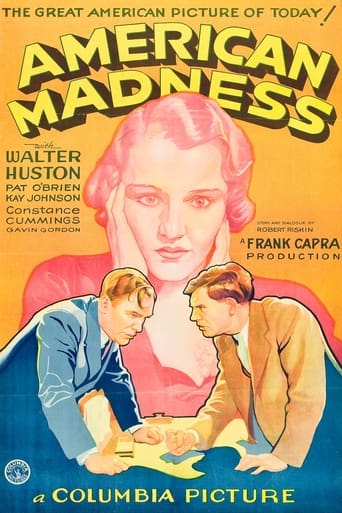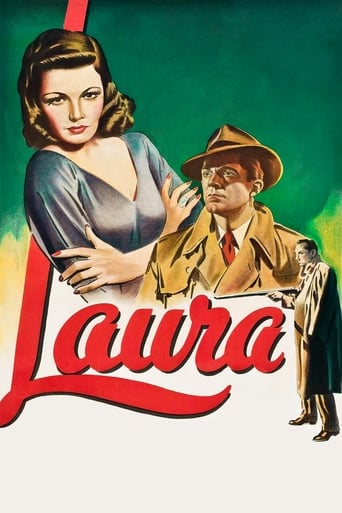Dishonored (1931)
The Austrian Secret Service sends its most seductive agent to spy on the Russians.
Watch Trailer
Free Trial Channels
Cast


Similar titles
Reviews
Overrated
Excellent, a Must See
Bad Acting and worse Bad Screenplay
The story, direction, characters, and writing/dialogue is akin to taking a tranquilizer shot to the neck, but everything else was so well done.
Dishonored is a bit of an odd bag because, although it's by far one of the most impressively shot films of the 30's - right down to the use of lighting and shadows - and had a daring ending for the time, it rings hollow in nearly every other aspect apart from maybe editing (mainly because of the fades). The plot, while sounding interesting on paper - to me at least - also fails to leave a lasting impression - and the wooden performance from lead actress Marlene Dietrich - who I may or may or may not have seen in other stuff - only serves to highlight just how big of a quality difference there is between the photography and everything else. Victor McLaglen fares a bit better than the rest of the cast despite some odd moments in his performance, but ultimately, even his portrayal left me cold by the end. In fact, the entire film has a very cold feel to it, which, normally appeals to me (hey, I love Kubrick's work), but this film just came off as obnoxiously insipid, almost completely vapid if it weren't for the visuals. The humor, which I can understand is very much of the time, fell flatter than a pancake. "MEOW!" (repeated) - That's not funny, that's just f-cking annoying.Josef von Sternberg knew where to place his camera, as showcased well here, but I have no idea what he was going for in regards to mood and tone. It's just all over the place. During the midpoint, one character ends up being killed off, but the scene feels so insignificant that the only thing that came to mind was, "Oh, somebody died. Oh well." In the midst of a serious story, there also all these goofy moments that feel out of place as well. It may seem like I'm trashing the film, but I really didn't think it was that bad; I admired the look, didn't I? I just expected a lot more considering the story premise is one that greatly appealed to me before deciding to watch the film, and because I expect a lot more out of films than just some pretty images. I suppose my biggest disappointment was that this was my introduction to a supposedly great director. Well....maybe next time.
To begin with, this was another Marlene Dietrich production to rival a Greta Garbo vehicle – namely the same year's MATA HARI (which I own as an original DVD, through Warners, but have yet to check out). It is actually the most overlooked of the 7 collaborations between star and director; even so, German 'enfant terrible' film-maker Rainer Werner Fassbinder once named it one of his all-time Top 10 films! The reasons for this neglect being its inherently archaic quality (the film seems to belong to the Silent era as, indeed, the plot – ironically, supplied by Sternberg himself! – lacks substance and, even more so, credibility: we are told that Dietrich could have been WWI's greatest spy but she only handles two assignments before being captured, her risking life and honor – hence the title – for the sake of uncouth enemy agent and co-star Victor McLaglen and, just as incongruously, an obviously infatuated young officer is shown flipping at her execution!) and cornball tone (Austrian Dietrich disguised as a naïve Russian cleaning lady and cringe-inducingly meowing like a cat in order to flirt with her 'targets', not to mention having McLaglen irritatingly sport a constant grin throughout!). The film does look forward to subsequent (and superior) entries in the 'series': Dietrich would be re-united with both Warner Oland and Gustav von Seyffertitz in her very next venture with Sternberg, SHANGHAI EXPRESS (1932), while the carnival scenes early on (in which McLaglen feigns to be a cripple!) would be reprised in their last effort, THE DEVIL IS A WOMAN (1935)! Dietrich is literally picked off the streets by Seyffertitz, but he is immediately impressed with her when, offering the protagonist the opportunity of spying against her fatherland, she asks to be excused and summarily fetches the Police! Oland's womanizing weakness (actually an Austrian traitor in cahoots with Russian McLaglen) naturally makes her the ideal choice to expose him: when she does, he congratulates her and, in a nice reversal of the above-mentioned scene with Dietrich's superior, absents himself to commit suicide! Next, she goes after Oland's contact but, having fled back behind his own lines, Dietrich follows in pursuit: they engage in a game of cat-and-mouse but their mutual attraction holds them at bay; when McLaglen is eventually captured, she asks that the two be left alone, ostensibly for questioning but he is given a chance to escape instead! Tried and condemned to death by firing squad, Dietrich bravely faces her destiny: surprisingly, the actual shooting is not flinched upon (no loving final close-up for the star here!), the camera resting on a dejected Seyffertitz passing by the country's insignia embedded in the walls as he walks out of the barracks, his shadow hanging tall over the scenery.Exquisitely lensed by Lee Garmes, it is mainly in moments such as this that the film really comes to life; with this in mind, while it may not hang together dramatically nowadays, DISHONORED shows off the director's uniquely pictorial sense, as well as moulding the mythic Dietrich image of a mystery woman who could turn men's heads with her alluring beauty but is herself driven by love above all else...
Marlene Dietrich plays Marie, the widow of a decorated Austrian WW I soldier down on her luck, recruited for the secret service by a dour secret service chief (Gustav von Seyffertitz) to become spy X-27. Her first assignment is to trap a mole for the Russians (Warner Oland, playing the first non-pseudo-oriental role I've seen him in), which she does with ease. Her next adversary is the wily Russian spy Colonel Kranau (Victor McLaglen), and the two of them keep stalemating each other. Ultimately, her gesture acknowledging love though she doesn't say it aloud, she allows him to escape the Austrians who have captured him, and she is tried and executed for treason. In this movie, von Sternberg makes the most of Dietrich's enigmatic bearingshe's not much interested in living, and not much afraid of dying, so she might as well die for her country. No reproach for her country's neglect of the widow of a hero. Von Sternberg also gives plenty of examples of his famous eponymous lighting, making Dietrich look even more alluring, jaded, insouciant, and enigmatic than ever. McLaglen is an odd choice for a romantic hero. Most of his parts emphasize bluff, even cynical good humour or vicious toughness. Here he smiles knowingly and moves with ease in uniform. Perhaps he grins too much, but the balance of his joviality with Dietrich's pallor is intriguing.
Having just viewed this movie for the first time, I must say that from what I've seen written about Dishonored it seems somewhat unappreciated. While perhaps not a masterpiece on the level of other von Sternberg/Dietrich pairings, such as the two greats The Blue Angel and Blonde Venus, like them both it oozes with the unmistakable marks of its director: the stark dialogue, the lavish attention to atmosphere (such as all the wonderful interiors), and a pervading sense of marvelous oddness. Von Sternberg shows us that the real triumph of his cinema is not one of the reality it affords, but one of style, of which Dishonored has enough to spare.

